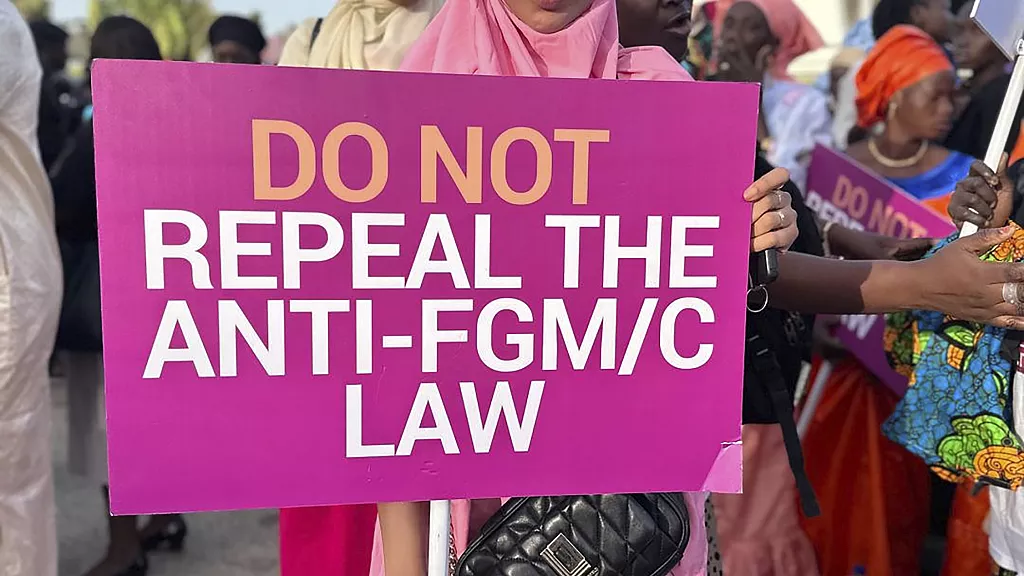
Africa is rapidly emerging as a powerhouse in renewable energy, with a particular focus on harnessing its abundant solar resources. As the continent seeks to diversify its energy sources and ensure sustainable development, countries like Morocco and South Africa are leading the way with significant investments in solar power projects.
Morocco: A Solar Pioneer
Morocco has positioned itself at the forefront of Africa’s solar energy revolution. The North African nation is home to the Noor Ouarzazate Solar Complex, one of the world’s largest solar power plants. This ambitious project, spanning over 3,000 hectares, has the capacity to generate 580 megawatts of electricity, providing power to over a million homes.
The Moroccan government has set a target to generate 52% of its electricity from renewable sources by 2030, with solar power playing a critical role in achieving this goal. The country’s proactive approach to renewable energy not only reduces its reliance on imported fossil fuels but also contributes significantly to global efforts in combating climate change.
South Africa: Leading with Innovation
South Africa is another key player in Africa’s renewable energy landscape. The country’s Renewable Energy Independent Power Producer Procurement Programme (REIPPPP) has attracted substantial investment in solar and wind projects. The Jasper Solar Energy Project in the Northern Cape is one of the largest solar installations on the continent, capable of generating 96 megawatts of electricity.
South Africa’s commitment to renewable energy is driven by the need to address energy shortages and reduce carbon emissions. By embracing solar power, the country is not only ensuring a more stable and sustainable energy supply but also creating jobs and stimulating economic growth in the green energy sector.
Continental Potential
The potential for solar power in Africa extends far beyond Morocco and South Africa. The continent receives an average of 2,000 to 3,000 hours of sunshine annually, making it one of the most solar-rich regions in the world. This vast potential is being recognized and tapped into by other African nations as well.
Countries like Kenya, Egypt, and Nigeria are also making strides in solar energy development. Kenya, for instance, is home to the largest solar power plant in East Africa, the Garissa Solar Plant, which has a capacity of 50 megawatts. Egypt is developing the Benban Solar Park, which aims to generate 1.8 gigawatts of electricity upon completion.
Challenges and Opportunities
Despite the immense potential, Africa’s renewable energy sector faces several challenges. These include financing difficulties, regulatory hurdles, and the need for improved infrastructure. However, international partnerships, technological advancements, and supportive policies are helping to overcome these obstacles.
The growing investment in solar power projects across the continent signals a bright future for renewable energy in Africa. By leveraging its abundant natural resources, Africa can not only meet its energy needs but also play a pivotal role in the global transition to a more sustainable energy future.
Africa’s journey towards renewable energy, particularly solar power, is gaining momentum. With countries like Morocco and South Africa leading the charge, the continent is poised to become a global leader in sustainable energy solutions. As investments continue to flow and innovative projects take shape, Africa’s renewable energy boom promises a brighter, cleaner, and more prosperous future for its people.




